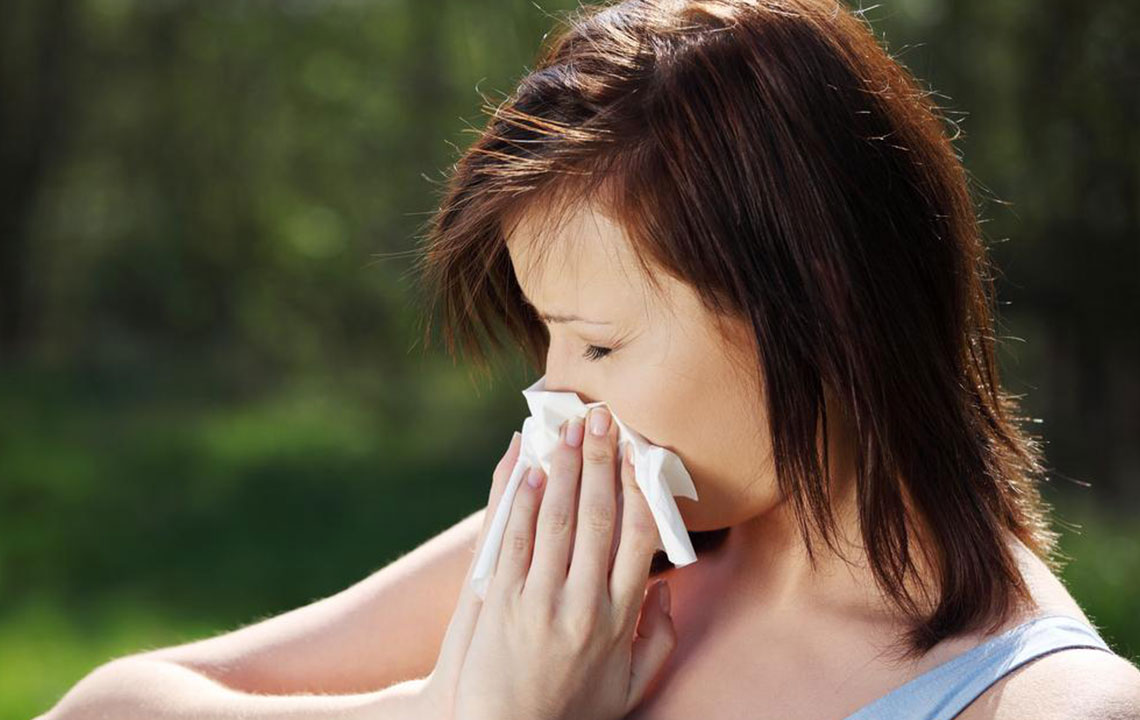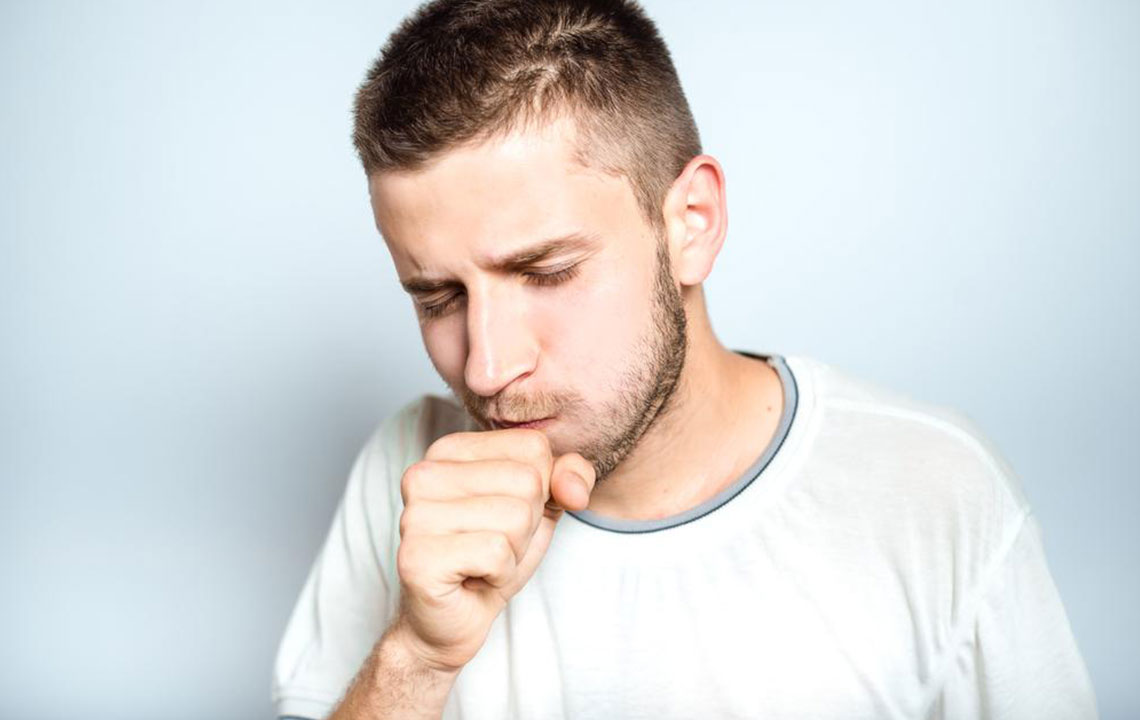Understanding Chronic Dry Cough Caused by Allergies
Learn about the causes, symptoms, diagnosis, and treatment options for dry cough allergies. Discover how environmental allergens trigger persistent coughs and explore medication, home remedies, and natural therapies to manage this condition effectively. Understanding triggers and treatment can improve quality of life and reduce symptoms of chronic dry coughs caused by allergies.

Understanding Chronic Dry Cough Caused by Allergies
A cough is an involuntary reflex that helps clear irritants or fluids from the throat.
It occurs when the body inhales and then rapidly exhales against a closed glottis. When the glottis opens and air is expelled, the resulting sound is what we recognize as coughing.
Cough is a common reason for visiting healthcare providers. Its main purpose is to protect the respiratory system by removing allergens or irritants.
If a dry cough persists and impacts your daily life, it may be chronic or sub-acute.
Dry Cough and Allergies
When your body is not producing mucus but still experiencing coughing, it is known as a dry cough. This is often triggered by environmental allergens that cause throat inflammation or irritation.
Allergies are the leading cause of prolonged coughs in most cases, excluding smokers. Eliminating allergen exposure can often alleviate dry cough symptoms.
This cough tends to be intense and persistent, lasting from minutes to days.
You might be prone to dry cough allergies if:
There is a family history of allergies
You have sensitive skin
You experience recurring bouts of coughing
Causes
Dry cough allergies involve the release of histamine, a chemical produced by the immune system in response to allergens or irritants.
Common responses include itchy throat, sneezing, watery eyes, and coughing.
Triggers include:
Pollen from trees and flowers
Grass and weed pollens
Dust mites
Pet dander — fur, hair, feathers
Environmental factors that worsen symptoms include:
Sudden temperature changes
Smoke from cigarettes, wood, or incense
Air pollution particles
Chemical fragrances and sprays
High humidity levels
Diagnosis & Treatment
To determine if allergies cause your dry cough, doctors may perform skin tests and blood tests to detect Immunoglobulin E antibodies.
Treatment options include medication, home remedies, or alternative therapies.
Medications
Antihistamines: These drugs block histamine activity, reducing swelling, nasal congestion, and coughing. They can also relieve itchy eyes and rashes. Common antihistamines include cetirizine, diphenhydramine, and fexofenadine.
Immunotherapy: This approach involves regular allergen injections to build resistance over months, aiming to decrease allergic responses and cough severity over time.
Home Remedies
Boost your immune system with simple kitchen ingredients:
Turmeric: Mix a spoon in warm milk to soothe throat irritation.
Spices: Cloves, cinnamon, and licorice roots can be consumed as teas or raw to enhance immunity.
Ginger and Honey: Combine for their anti-inflammatory and soothing properties.
Basil (Tulsi): Known for antibacterial effects, it helps manage symptoms naturally.
Alternative Therapies
Natural remedies like acupuncture, probiotics, and nasal saline irrigation are gaining popularity. These methods can help control dry cough and allergy symptoms without side effects.
Note:
This article provides general health information. For personalized diagnosis and treatment, consult a healthcare professional. The site is for informational purposes and not a substitute for medical advice.










